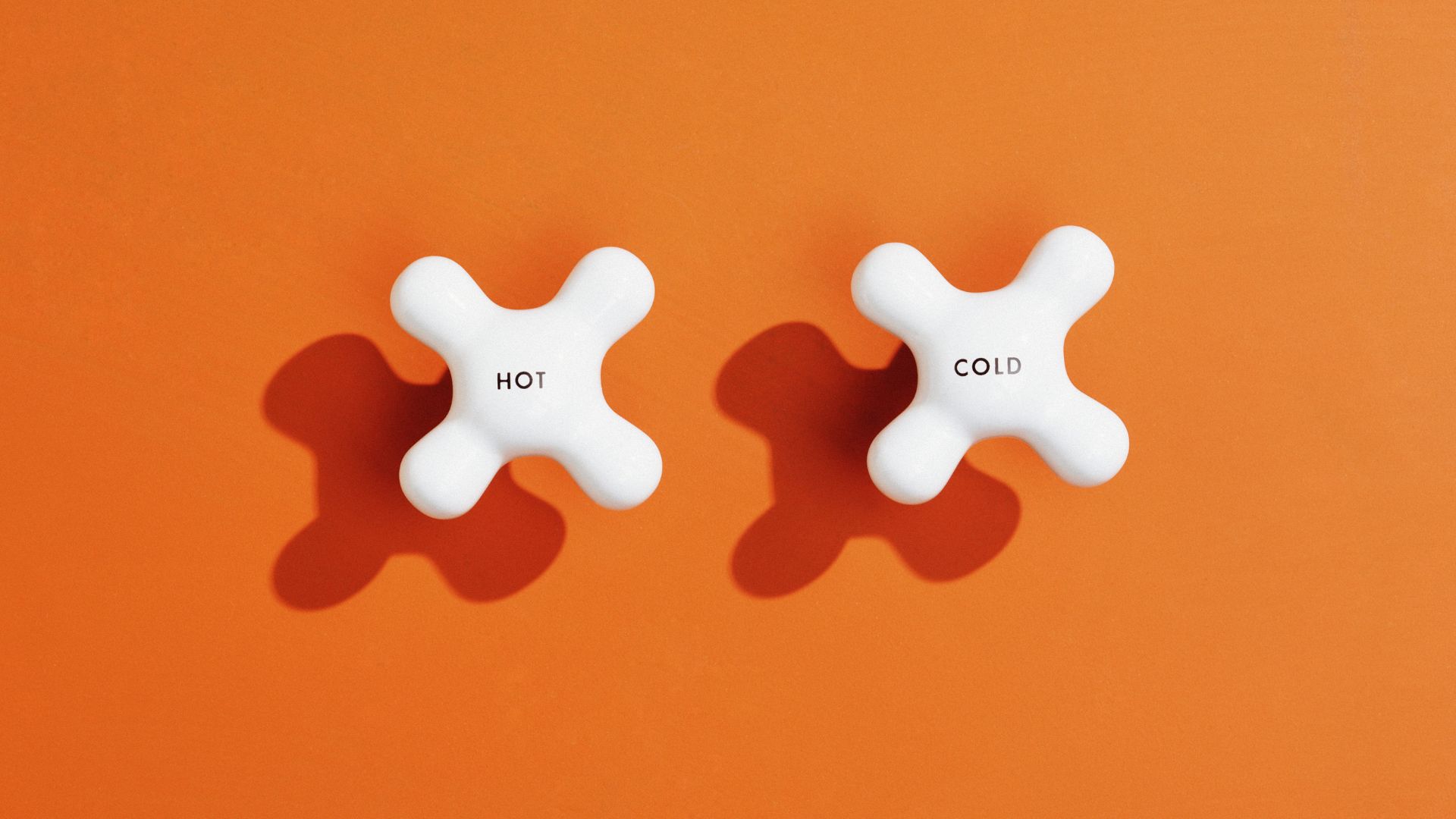Health & Wellbeing
Expert advice, tips and guidance from medical and healthcare professionals to help you take care of your physical health and mental wellbeing
Explore Health & Wellbeing
Latest
-

Tennis may add 10 years to your life - but not for the reason you might think, study reveals
Playing tennis for longevity is a powerful tool for life, not just for Wimbledon, as multiple researchers agree that the sport has benefits for biological age
By Grace Walsh Published
-

Swap squats for step-ups and thank me later - they are 'even better' for building lower-body strength
The step-up exercise builds strength one leg at a time, improving balance, stability and helping to build muscle like no other exercise
By Grace Walsh Last updated
-

I review activewear for a living - these are the 10 pieces I'd shop in the Lululemon sale this summer
Update your workout wardrobe for autumn with cosy picks in the latest Lululemon sale drop
By Grace Walsh Last updated
-

9 best yoga mats on Amazon, as recommended by a yoga teacher
Amazon is a go-to for easy delivery, and our list of the best yoga mats reveals the ones to shop for, with various sizes, support, and colours available
By Ciara McGinley Last updated
-

ITV's Dr Sophie Bostock reveals why a cold shower is the 'worst' thing to cool down - and what to do instead
It's tempting to jump into a cold shower as the temperature rises, but sleep specialist Dr Sophie Bostock urged viewers on ITV's This Morning to avoid them
By Grace Walsh Published
-

Mel Robbins loves this coffee with a twist - and experts agree it’s a great way to wake up in the morning
The podcaster spoke to Dr Stacy Sims, a leading women's health expert, and shared why this particular coffee can be so beneficial for women in the morning
By Becky Spicer Published
-

Mel Robbins reveals how to stop ‘worst case scenario’ thinking
Mel wants you to use this technique next time you catch yourself thinking negatively
By Charlie Elizabeth Culverhouse Published
-

Dr Amir Khan reveals the 'subtle' signs of dehydration you might miss in the hot weather
There's a lot more to the symptoms of dehydration than simply feeling thirsty, the GP and ITV regular tells woman&home
By Kat Storr Published
-

Walking may dramatically reduce back pain risk - provided you follow this one 'simple' rule, new study reveals
Exercise is important for avoiding back pain, one of the most common global health issues, but the research sheds light on the benefits of walking in particular
By Kat Storr Published
